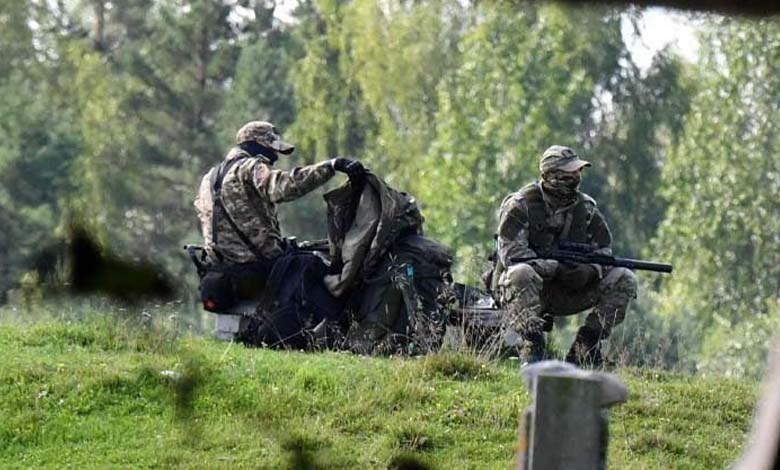“Wagner” and Military Aircraft: What is the Reality of Russian Presence in Tunisia?

“Russian Warplanes in Tunisia… Moscow Expands” is the headline of a report by the Italian newspaper “La Repubblica,” alleging the presence of Russian military aircraft at the airport of the Tunisian island of Djerba, 150 kilometers from the Libyan border.
This report did not go unnoticed, causing concern in the US and Italy, and eliciting responses from Tunisia and Russia, thereby revealing the details of this accusation and the reality of the Russian military presence on Tunisian soil.
The Beginning of the Story
The story began about six days ago with Western media outlets, notably the Italian newspaper and the French news channel “LCI,” publishing what they described as the nature of the activity being carried out by Russian aircraft in Tunisia, claiming that “Russian military planes were spotted landing at Djerba airport in recent days.”
Commenting on the reports, the spokesperson for the Italian Ministry of Foreign Affairs expressed his country’s concern about what he described as “the activities of the Russian Wagner group in Africa.”
He added that these activities “fuel conflicts and encourage illegal immigration to several countries, including Tunisia,” indicating that “the Italian government might discuss this matter with the Tunisian authorities.”
Tunisia Responds
For its part, Tunisia, through its embassy in France, denied the information broadcast by the French news channel “LCI” about the presence of Wagner group members on the island of Djerba in southern Tunisia.
In a statement, the embassy explained that “the French channel continues its work of media misinformation by promoting baseless information about Tunisia without verifying this information beforehand from official sources.”
The Tunisian embassy added: “Media misinformation is a sport in which some excel, and the channel does not respect the professional ethics that govern media work in general.”
It emphasized that “Tunisia is sovereign and capable of controlling and protecting its entire territory on its own,” according to the embassy’s statement.
Russia Responds
In turn, Russia denied the information circulating in European and American reports about the increasing presence of Wagner forces in Libya and several neighboring countries.
The Russian response came via a statement published on its embassy’s Facebook page in Libya, asserting that “Western countries promote through their media false ideas intended to spread panic and attempt to influence social circles by promoting fake news.”
The statement denied the presence of any warplanes belonging to Wagner forces on the Tunisian island of Djerba, adjacent to Libya, as Western countries claim, referring to the Italian newspaper report.
The Russian embassy noted that “recently, Western media have started publishing excerpts about Wagner, using the term report based on a thick mix of half-truths and lies under the guise of an independent investigation.”
It added: “Now, after the Italian newspaper decided to follow the mission of creating and repeating horror stories about Wagner to frighten the inexperienced reader with the idea of the presence of Russian fighter jets at the airport of the Tunisian island of Djerba, adjacent to Libya, one can only envy them for such imagination.”
It continued: “We must say that this is a lie and fabrication. A complete lack of respect for the reader, whether in Italy or elsewhere.”
The Russian ambassador in Tripoli, Haidar Aganin, had recently denied the accuracy of Western media reports regarding Moscow’s intention to establish military bases in Libya.
American Concerns
In the same context, the spokesperson for the US Department of State warned that one of the main concerns of the Italian government is the Russian military penetration into Tunisia.
“La Repubblica” explained that it had asked the US Department of State for a statement on its position regarding Russian flights to Tunisia and its awareness of them.
The US Department of State responded: “We remain concerned about the activities of the Wagner group and those supported by Russia in Africa, which fuel conflicts and encourage illegal immigration, including to Tunisia.”
According to the newspaper, the US Department of State again expressed concern about Wagner’s previous activities, which resumed after the death of its founder, Yevgeny Prigozhin.












